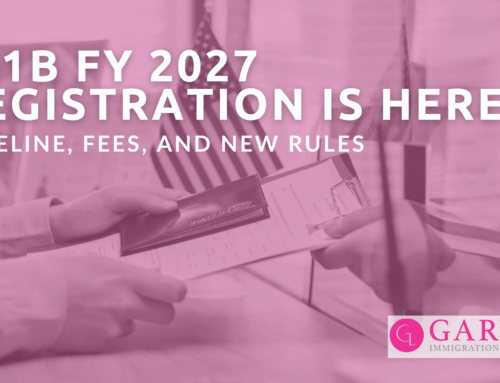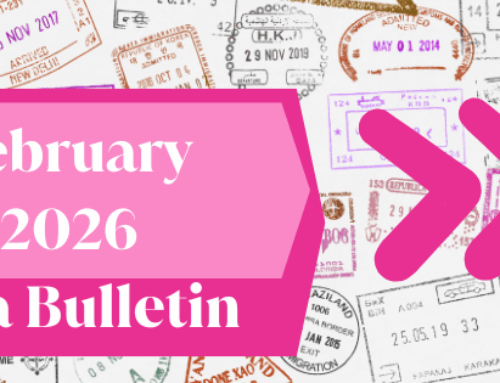Two new policies announced by the U.S. Department of State will significantly reshape how both immigrant and nonimmigrant visa applications are processed around the world. These rules limit the ability of applicants to choose where to apply for visas and are expected to affect timelines, travel costs, and overall accessibility.
Beginning November 1, 2025, immigrant visa applicants will be required to attend their consular interviews at the post responsible for their country of residence. If requested, applicants may instead interview in their country of nationality. The National Visa Center (NVC) will automatically assign applicants to their residence-based consular district when scheduling interviews. In countries where routine visa services are suspended, the State Department has designated specific posts to handle cases. For instance, Iranians may process in Abu Dhabi, Ankara, or Yerevan, while Venezuelan applicants are directed to Bogotá. Existing immigrant visa appointments will generally not be rescheduled. If an applicant wishes to transfer a case after the NVC has scheduled it, the request must be made directly to the NVC rather than to the consular section. Exceptions may be granted in limited cases such as humanitarian emergencies or compelling foreign policy reasons. Diversity Visa applicants in the DV-2026 program year are also subject to the new rule. This update replaces all previous guidance regarding immigrant visa processing locations.
On September 6, 2025, the State Department issued a parallel policy for nonimmigrant visas, which include temporary categories such as B-1/B-2 visitors, F-1 students, H-1B and L-1 workers, O-1 professionals, and TN applicants. Effective immediately, applicants must file in their country of residence or nationality. This ends the longstanding practice of applying for a U.S. visa in a convenient third country. For example, Iranians will need to apply in Dubai, Cubans in Georgetown, Guyana, and Russians in Astana, Kazakhstan, or Warsaw. Nationals of countries without U.S. consular operations must use designated alternate posts.
These changes are expected to create longer wait times and higher costs. By restricting where applicants may apply, consular posts in certain regions will see increased demand, likely resulting in backlogs and limited appointment availability. The timing is also strategic. The United States is preparing to host the 2026 World Cup and the 2028 Summer Olympics in Los Angeles. Officials are likely aiming to tighten security and streamline compliance before millions of visitors arrive. However, industry experts warn the added costs and restrictions, combined with new fees such as the visa integrity fee, higher ESTA charges, and increased parole and TPS fees, could deter travelers, students, and businesses from pursuing opportunities in the United States.
Applicants and employers should plan early, expect longer wait times, and secure appointments as far in advance as possible. It is important to budget for costs, including new fees and travel expenses to designated consulates, and to be flexible when preparing for cases in countries without U.S. consular operations. In those instances, applicants must travel to the designated processing post. It will also be critical to stay updated as the agencies may issue further clarifications as implementation progresses.
The shift toward residency-based visa adjudication represents one of the most significant procedural changes in recent years. Both immigrant and nonimmigrant applicants will now have fewer options and likely face more hurdles when applying for U.S. visas. For families, students, and employers, success will depend on careful preparation, early action, and a willingness to adapt to a more restrictive system.
About the Author
Elizabeth Garvish
Elizabeth L.A. Garvish founded Garvish Immigration Law Group, LLC in 2011 after practicing immigration law in small boutique firms, big law and nonprofits. Elizabeth is a frequent speaker and presenter on entrepreneurship and U.S. immigration topics around the world. She is an active member of the American Immigration Lawyers Association (AILA) and serves on various national committees and is the Past Chair of the Georgia-Alabama Chapter of AILA. Elizabeth is also a certified member of the EO Global Speakers Academy.




